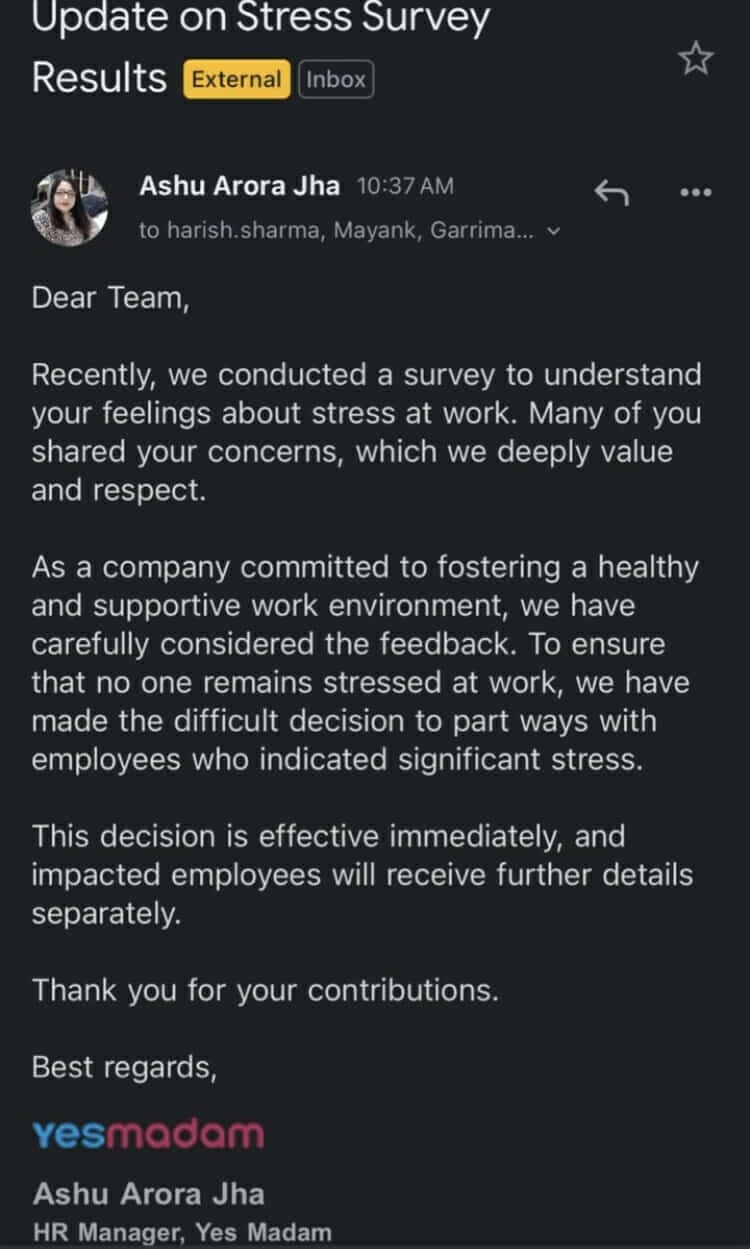1270
you are viewing a single comment's thread
view the rest of the comments
view the rest of the comments
this post was submitted on 09 Dec 2024
1270 points (98.0% liked)
Work Reform
10261 readers
211 users here now
A place to discuss positive changes that can make work more equitable, and to vent about current practices. We are NOT against work; we just want the fruits of our labor to be recognized better.
Our Philosophies:
- All workers must be paid a living wage for their labor.
- Income inequality is the main cause of lower living standards.
- Workers must join together and fight back for what is rightfully theirs.
- We must not be divided and conquered. Workers gain the most when they focus on unifying issues.
Our Goals
- Higher wages for underpaid workers.
- Better worker representation, including but not limited to unions.
- Better and fewer working hours.
- Stimulating a massive wave of worker organizing in the United States and beyond.
- Organizing and supporting political causes and campaigns that put workers first.
founded 2 years ago
MODERATORS

If anyone has questions about what bhartiya means, it means Indian.
So the whole phrase means 100% purely Indian company. Equivalent to the phrase 100% purely American company.
In both countries, this could indicate alignment with the ultra nationalist party in power who have been espousing a push to produce goods within the country instead of importing from china, or just a normal support local businesses thing.
Yeah and the "100% purely American" would raise a lot of red flags for me...
If my business is local, buying from local suppliers as much as possible and employing local people it shouldn't matter at all, if these local employees are ethnically the same and all have the same nationality.
So i would take it more as the former, ultra nationalist.
I do think it's more likely to be the former.
But I wouldn't take "100% American company" to mean all employees are American citizens. I would take it to mean that all employees are living in and working from the US. Which makes it more ambiguous than your interpretation of the phrase.